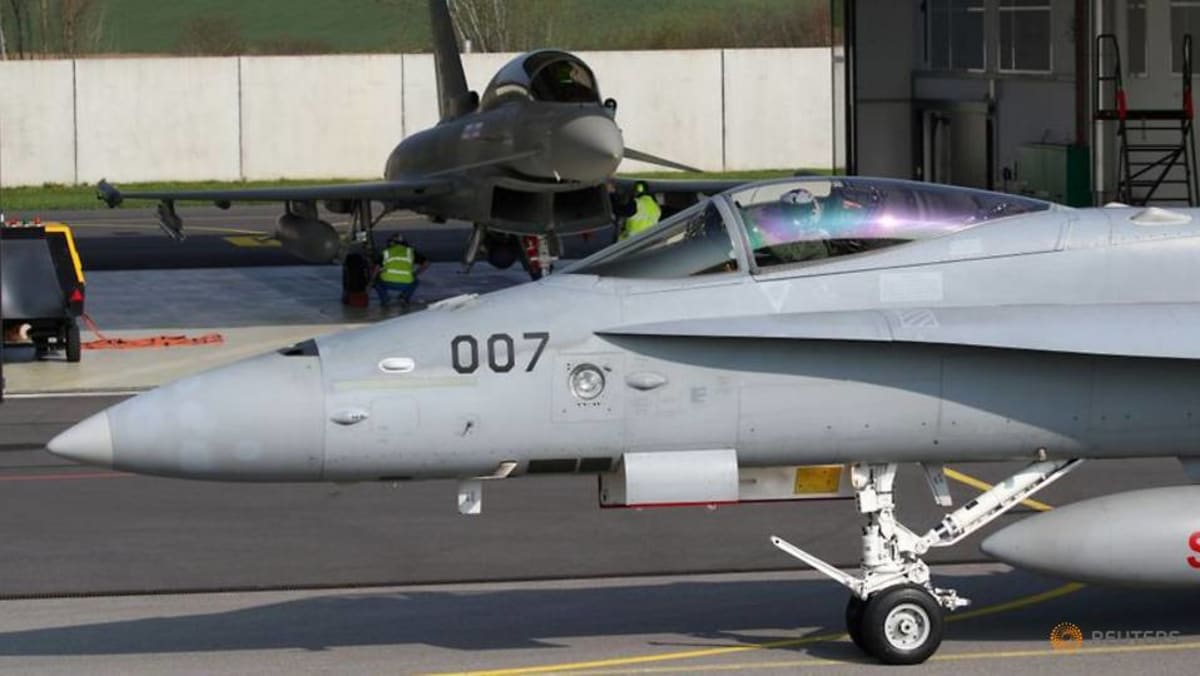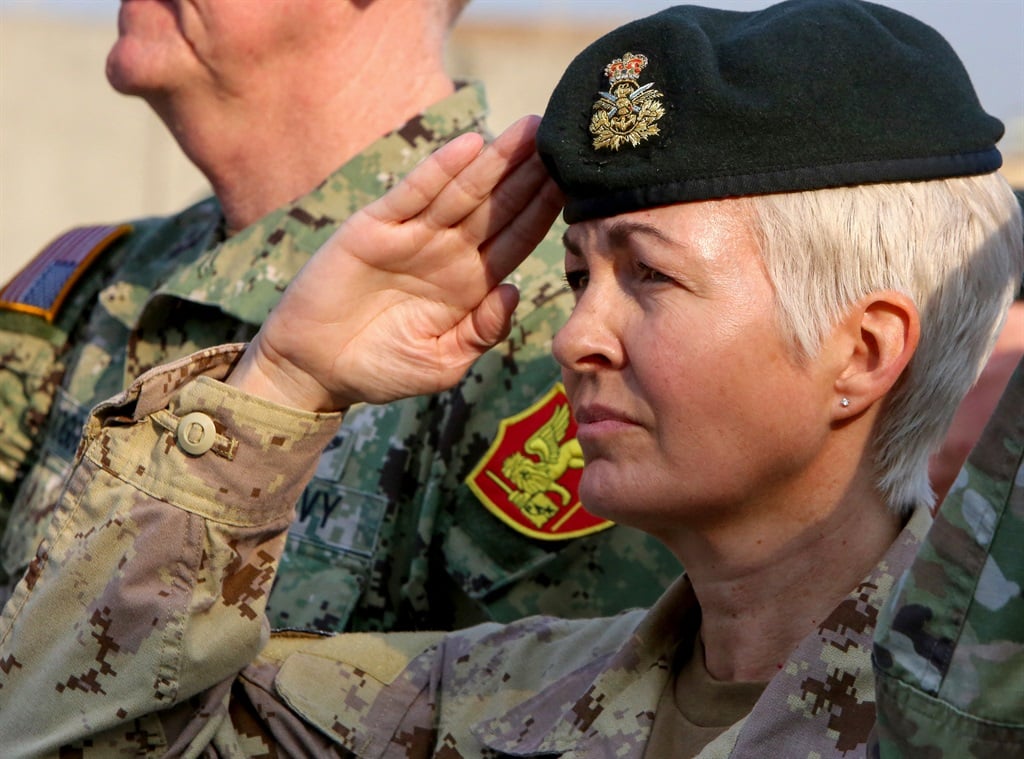The visit to Australia by King Charles will be a very happy occasion for his majesty. As anyone who knows him will tell you, Charles deeply loves this country. The six months of freedom he enjoyed as a teenager at Timbertop was a precious time in his young life. He is always eager to return. No doubt that affection will be evident over the coming four days, dealing the already enfeebled republican cause yet another blow.
Important to Charles though his visit to Australia may be, it is not the main reason for his trip. The business end begins when the King and Queen arrive in Samoa on Wednesday for the biennial Commonwealth Heads of Government Meeting. It bespeaks the King’s ethic of service that a 75-year-old cancer patient would journey halfway around the world to be there.
Next stop for The King is Samoa and the Commonwealth nations’ choice of one of three Africans as their new secretary-general. This will interest China’s Xi Jinping.Credit: Aresna Villaneuva/AP
Charles will attend not in his capacity as King, but as Head of the Commonwealth. He does not hold that position ex officio, but as a result of the decision by the 56 member nations – only 15 of which recognise him as their head of state – at the London CHOGM of 2018 that, upon the death of the Queen, Charles should be the Commonwealth’s next head. Although in the end that was a unanimous decision, there was nothing automatic about it. (Ironically, the republican Malcolm Turnbull played an important behind-the-scenes role in securing unanimity.)
The Commonwealth is sometimes dismissed as a relic of British colonialism and an irrelevance. This displays a profound ignorance of the modern Commonwealth’s role. The member nations may have conflicting diplomatic priorities (and, on occasions, may actually be in conflict with one another, such as India and Pakistan). Yet they nevertheless share an identifiable common heritage and a certain sense of kinship as legatees of important British constitutional norms such as responsible government, parliamentary democracy and the common law.
Of course, there are also important differences, and many – sometimes grave – imperfections. But Commonwealth nations do profess a shared commitment to certain common values, enshrined in the Commonwealth Charter.
It is also the largest single association of nations belonging to what was once called “the Third World” – these days more commonly called “the global south”. Today, it is primarily a forum for small nations, which are often forgotten in the brutal game of geopolitics. Tiny nations sit on the governing board on equal footing with G20 countries such as Britain, Canada and Australia. As a network of nations conscious of a shared heritage, the Commonwealth sponsors important programs – of which the smaller, poorer members are the beneficiaries – in fields as various as girls’ education, reproductive health, the protection of fisheries, the preservation of rainforests, the integrity of electoral systems and disaster management. The fact that so many Commonwealth nations are small island states puts it in the vanguard of raising global awareness of the existential threat they face from rising sea levels.
The Commonwealth secretary-general – who enjoys head-of-government status – also has an important “good offices” function as a mediator of constitutional disputes and deadlocks. Among small member states, she can – and does – sometimes solve problems in which the UN secretary-general could not intervene. The term of the current Secretary-General, Baroness Patricia Scotland, is about to expire. The most important business of the Samoa CHOGM is to choose her successor.
By convention, the secretary-generalship rotates by region. This time it is Africa’s turn. (There has been one other African secretary-general, Nigeria’s Emeka Anyaoku, in the 1990s.) There are three candidates: Joshua Setipa of Lesotho, Mamadu Tangara of The Gambia and Shirley Botchwey of Ghana. Setipa, like Kevin Rudd, is a professional diplomat who later entered parliament; he served as trade minister. Tangara and Botchwey are currently their countries’ foreign ministers.
#King #Charles #Australia #royal #visit #China #watching







